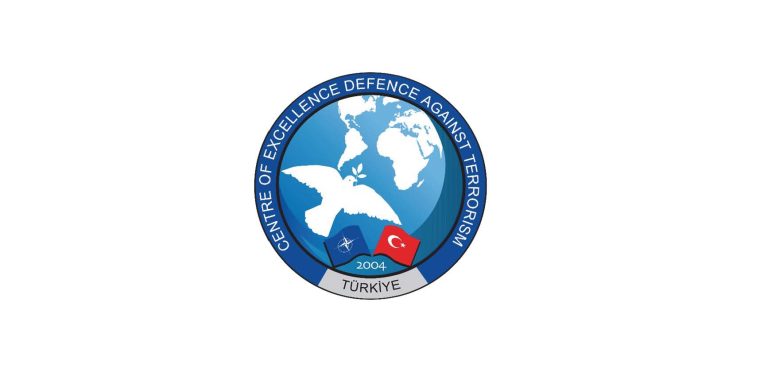From November 27 to December 1, NATO’s Center of Excellence Defense Against Terrorism (NATO COE-DAT) hosted an online course on Defense Against Suicide Attacks. The aim of the course was to better understand the ideology and threat of suicide terrorism and response options from national and international entities.
TSC Research Fellow Stephanie Foggett delivered a lecture on ‘Media and Terrorism – Consequence Management of Terrorist Attacks.’ The lecture explored how the contemporary media and communications space can be utilized by terrorist actors and extremist groups for a range of activities. She noted the need for NATO, NATO-nations, and partners to understand the media and communications landscape, along with how the landscape intersects with security challenges today. Ms. Foggett noted the importance of considering multiple perspectives in the discourse, including that of the media and journalists.
TSC Senior Research Fellow Susan Sim delivered two lectures on the ‘Modus Operandi of Suicide Bombers’ and ‘Narratives and Counter-narratives in Suicide Terrorism.’ Using case studies drawn from suicide bombings in Indonesia and Afghanistan, Ms. Sim described knowledge of a terrorist group’s modus operandi as anticipatory intelligence crucial to the prevention of attacks, including target hardening measures and the training of front-liners. She also noted that most extremist narratives “work” because they are grounded in local grievances and are framed to appeal to the emotions and values of their target audience. Former terrorist leaders and failed suicide bombers often make credible messengers because the reasons for their defection provide an extremely powerful counter-narrative message.
